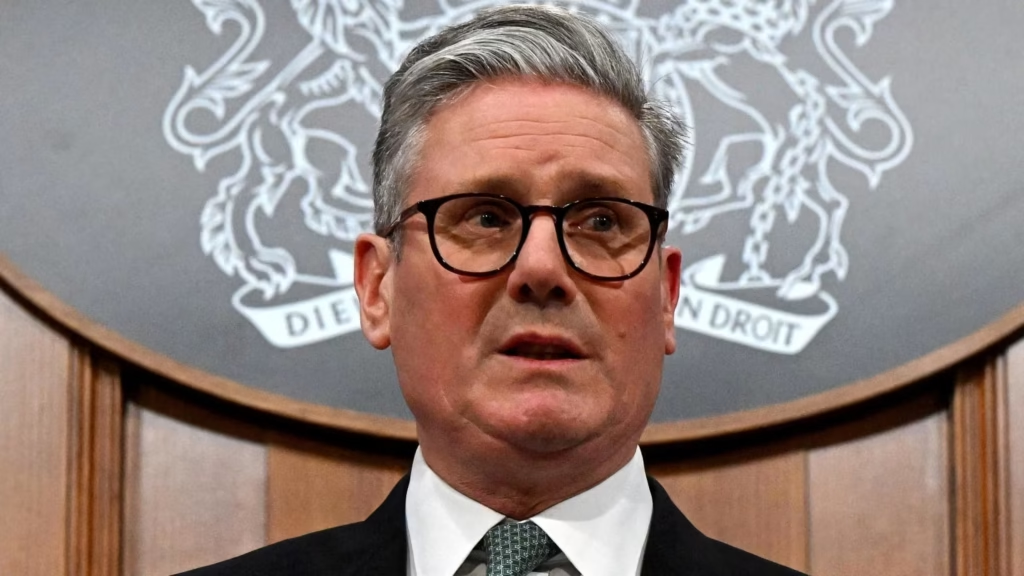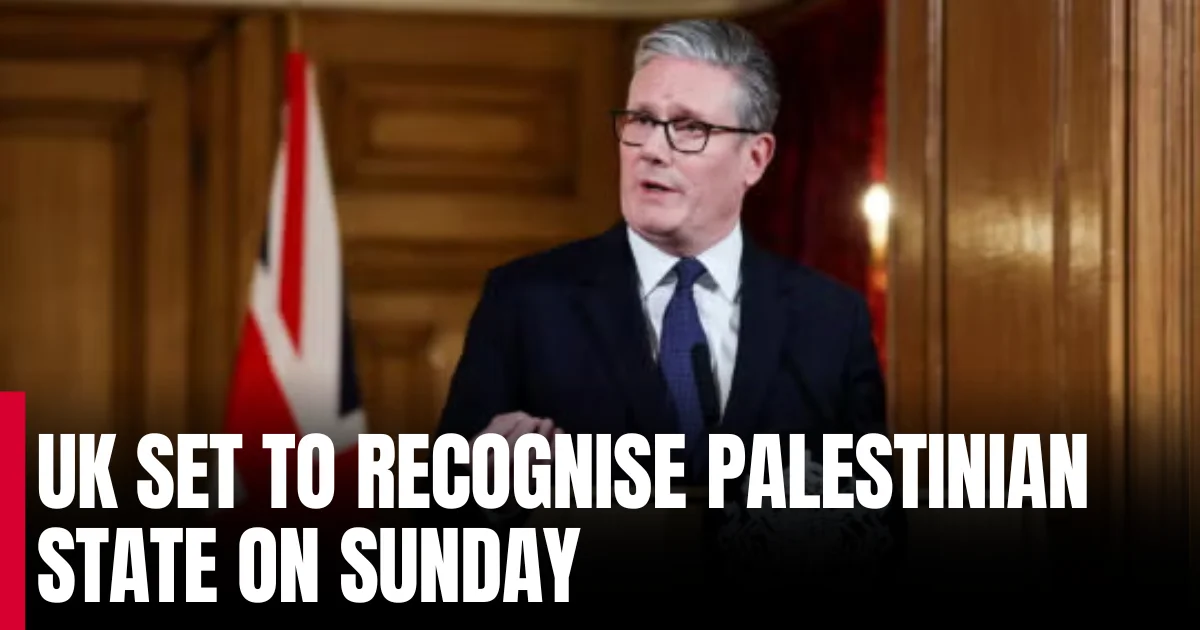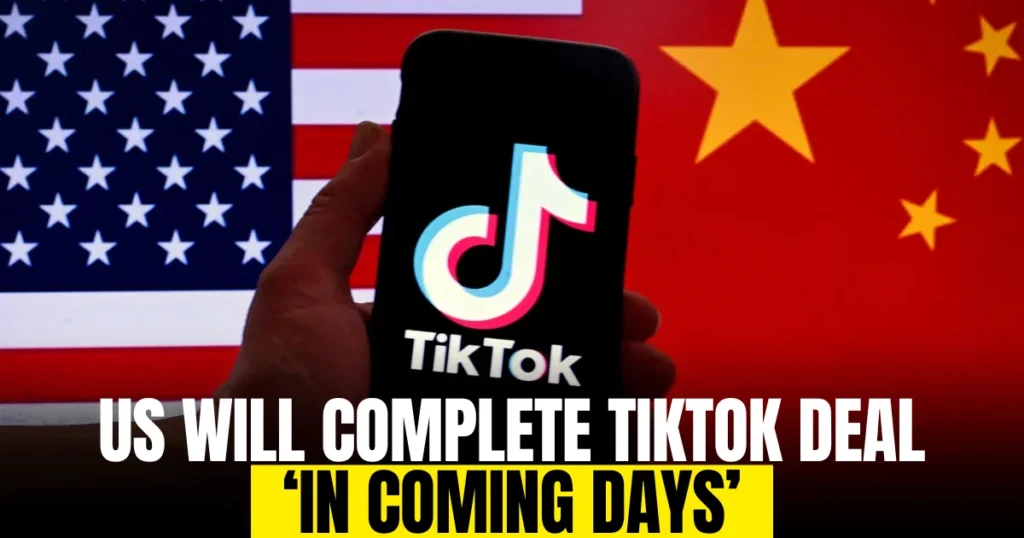UK PM Keir Starmer to announce recognition of Palestine this Sunday, defying US pressure and sparking global debate. Learn the implications.
Table of Contents
UK Set to Recognise Palestinian State on Sunday
Keir Starmer’s Historic Decision

The UK is poised to formally recognise a Palestinian state on Sunday, marking a dramatic shift in foreign policy after Israel failed to meet conditions set by Prime Minister Keir Starmer in July. The decision follows weeks of worsening humanitarian conditions in Gaza and the acceleration of Israeli settlement plans in the West Bank, which the UK government fears could eliminate hopes for a two-state solution.
Despite intense pressure from the United States and opposition from families of Israeli hostages still held by Hamas, Starmer has concluded that recognition is the only viable step ahead of the UN General Assembly summit scheduled for September 23.
Why Now?
Humanitarian Crisis in Gaza

UK officials say the situation in Gaza has deteriorated sharply, with ongoing Israeli strikes and shortages of food, medicine, and essential supplies. Health authorities in Gaza reported at least 14 deaths from overnight bombings in Gaza City, further fueling international outrage.
Settlement Expansion in the West Bank
The government has voiced alarm over new Israeli settlement projects, particularly the controversial E1 development, which ministers warn would “run a coach and horses through” the prospect of a viable Palestinian state.
UK’s Message to Hamas and Israel
Labour leaders emphasized that recognition of Palestine is not a reward for Hamas. Deputy PM David Lammy made clear that Hamas will play no role in Gaza’s future governance, while also confirming tougher sanctions on the militant group.
International and Domestic Reactions

- Families of Israeli hostages have strongly condemned the move, warning that it could complicate negotiations for their loved ones’ release.
- The US, under Donald Trump’s administration, has urged the UK to delay recognition, arguing it undermines regional security.
- Israel’s government remains firmly opposed, continuing its offensive in Gaza and rejecting calls for a ceasefire.
- Opposition politicians, including Priti Patel, accused Starmer of bowing to internal Labour Party pressure.
Meanwhile, the State of Palestine is already recognised by 147 of the UN’s 193 member states, a figure expected to grow if the UK formalises its stance.
What Recognition Means for the Future
- Diplomatic Shift – The UK will join most of the international community in formally acknowledging Palestinian statehood.
- Impact on Peace Talks – While intended to push towards a two-state solution, the move risks further straining relations with Israel and the US.
- Geopolitical Ripple Effects – The recognition could encourage other Western nations to follow suit, reshaping global diplomatic alignments.
FAQs
1. Why is the UK recognising Palestine now?
The decision follows worsening humanitarian conditions in Gaza and expanding Israeli settlements, which the UK believes threaten the viability of a two-state solution.
2. Does this mean the UK supports Hamas?
No. The UK has made clear that Hamas will play no role in governance and that tougher sanctions against the group are planned.
3. How many countries recognise Palestine?
Currently, 147 of the 193 UN member states officially recognise Palestine as a state.
4. How is Israel responding?
Israel strongly opposes the recognition, continuing its military operations in Gaza and rejecting conditions tied to ceasefire negotiations.
5. Will this strain UK-US relations?
Yes, the US has urged the UK not to move forward. The recognition is likely to cause friction between London and Washington.
Conclusion
The UK’s decision to recognise a Palestinian state marks a historic shift that could reshape Middle East diplomacy. While the move is welcomed by many nations advocating for Palestinian sovereignty, it risks escalating tensions with Israel, the US, and families of hostages caught in the ongoing conflict.
As Starmer prepares to make the official announcement ahead of the UN General Assembly, the world will be watching closely to see if this step paves the way for renewed peace efforts — or fuels deeper division in an already volatile region.

